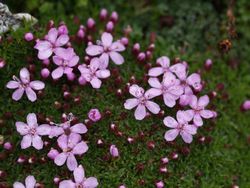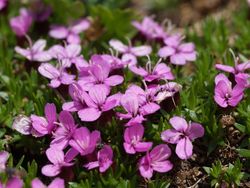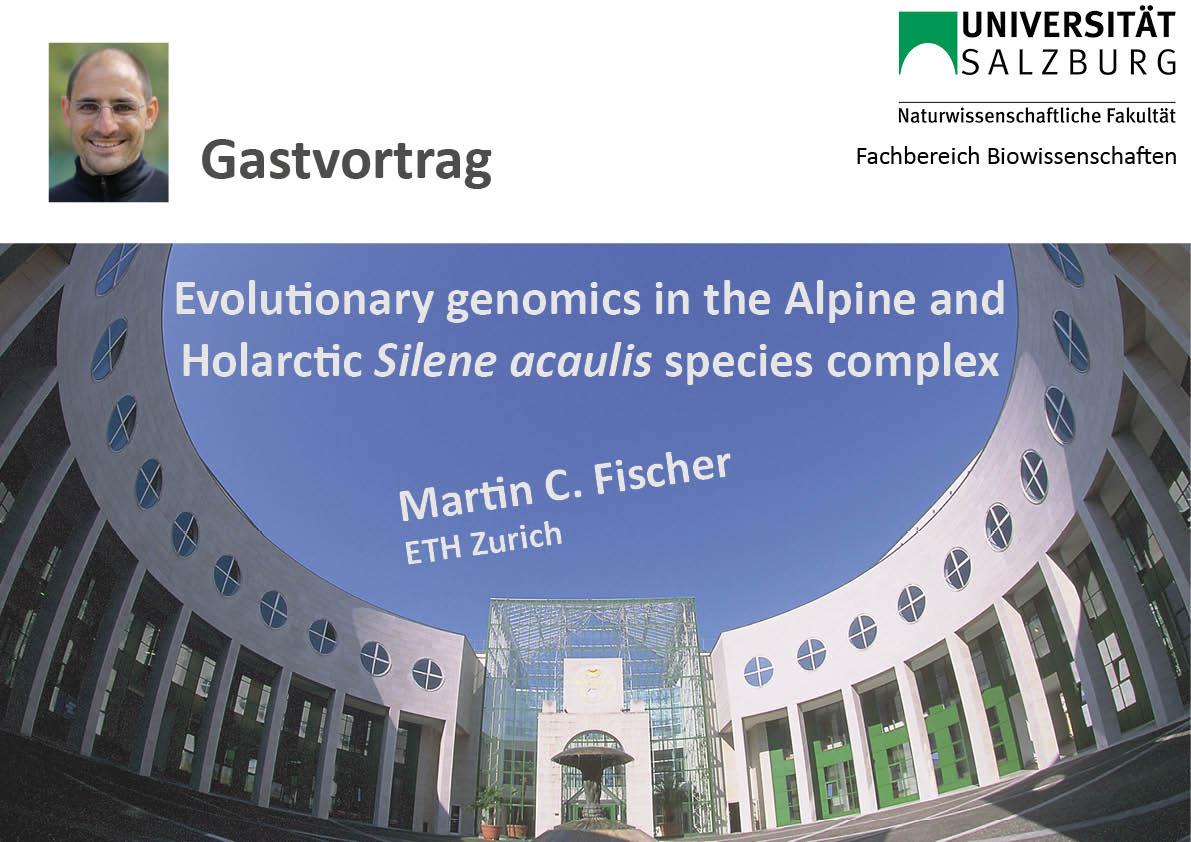15.03. – Gastvortrag: Evolutionary genomics in the Alpine and Holarctic Silene acaulis species complex

Dr. Fischer ist Senior Assistant im Plant Ecological Genetic Lab am Institute of Integrative Biology des ETH Zürich.
Abstract:
Processes that drive speciation and adaptive divergence are of vital importance for understanding the generation and maintenance of biodiversity, yet our understanding of evolutionary processes generating divergence is still limited. The evolutionarily young Silene acaulis species complex consists of perennial alpine cushion plants with an almost circumpolar distribution across the northern hemisphere. The different species of the Silene acaulis complex show different geographic distributions, edaphic preferences, genome sizes or sex system evolution levels. In the European Alps at least two distinct species co-exist in sympatry, S. acaulis and S. exscapa. The two species are adapted to different soil and bedrock types, i.e. calcareous and siliceous, respectively. Additionally, the two species have evolved different sex systems, trioecious and dioecious, respectively. The different sex systems might be a by-product of local edaphic adaption or might be a by-product or even a driver of speciation. This species complex therefore is an ideal model system to study the genomic signatures of local adaption, speciation and early stages of sex-chromosomes evolution as well as their interactions. To get a first impression of genomic variation within this species complex, I genetically screened 400 individuals from the Swiss Alps, Norway, Svalbard and Greenland. I used flow cytometry to infer genome size differences among the species, which might be linked to the evolution of young sex chromosomes. Then, I used ddRADseq, an NGS approach ideal for non-model organism with large genomes, to explore population genetic structure, species delimitation and sex chromosome evolution. The different species have also been phenotyped using plants grown in a common garden experiment and herbarium specimens. Finally, I have started assembling the 1.5 Gbp genome using the Oxford NanoPore long read sequencing technology. Together, the different analyses suggest that the Silene acaulis species complex consist of several well-separated species of very young origin and hybridization events, both historical and recent, are important for the evolution of these species and their divergent sex chromosome systems.

After the seminar (ca. 16:00 h), everybody is welcome to join us for drinks and munchies in the „coffee corner on the second floor“.





